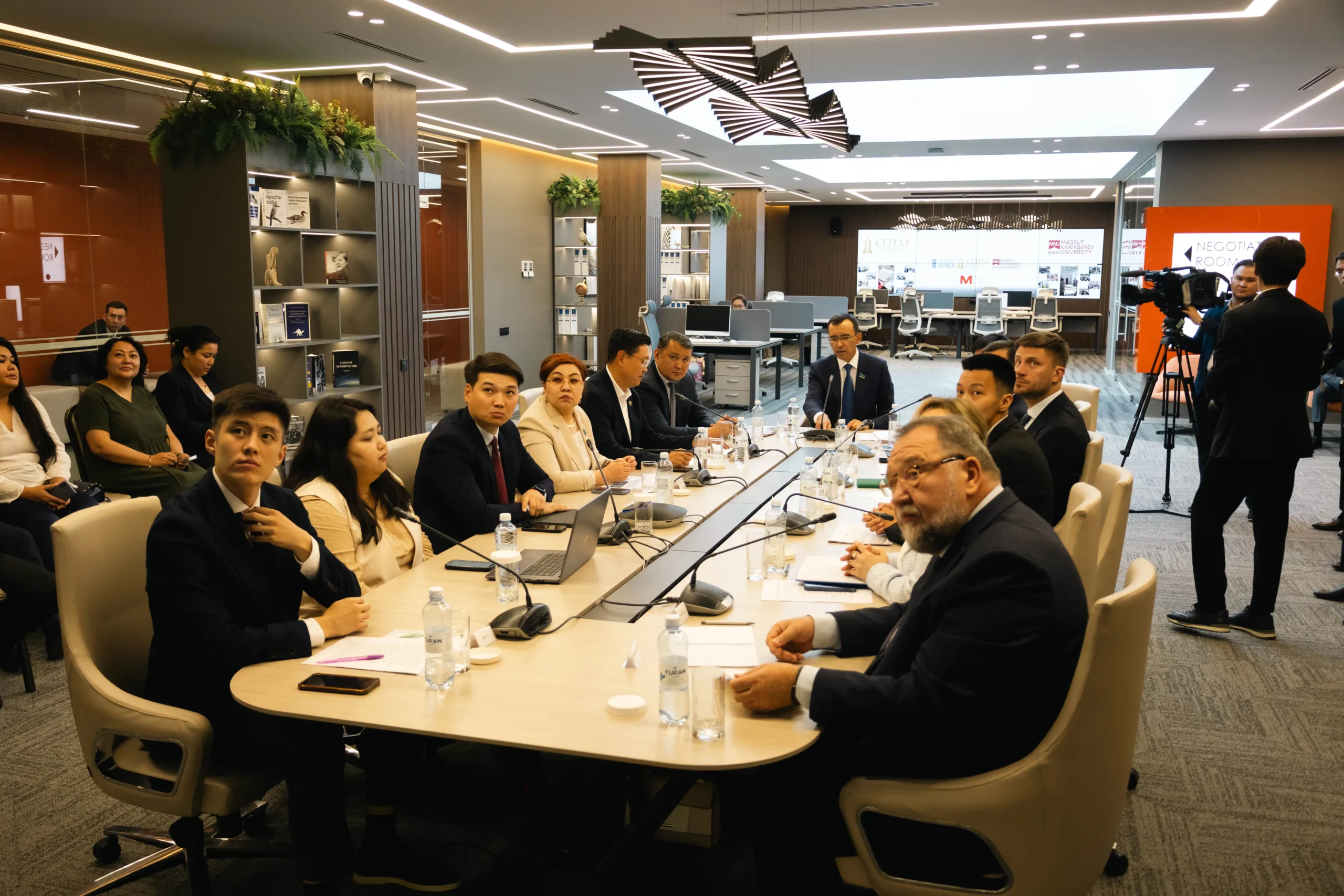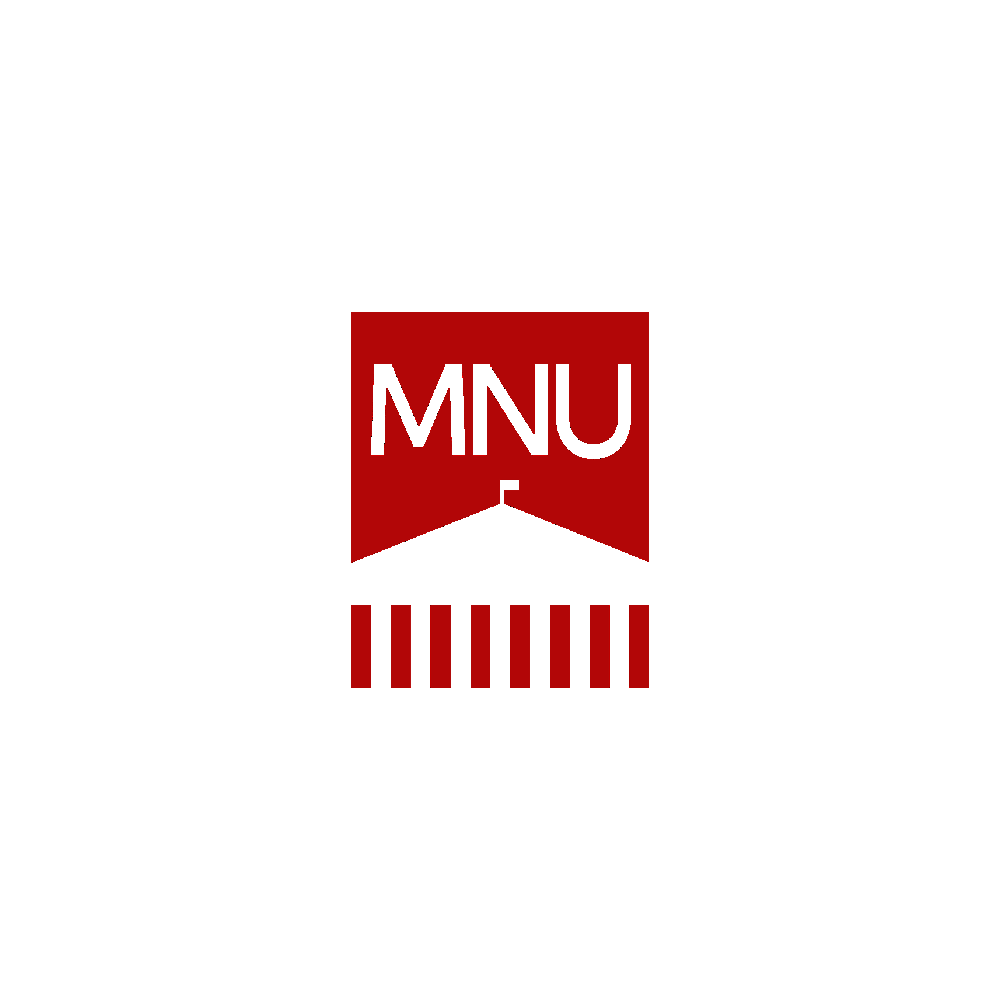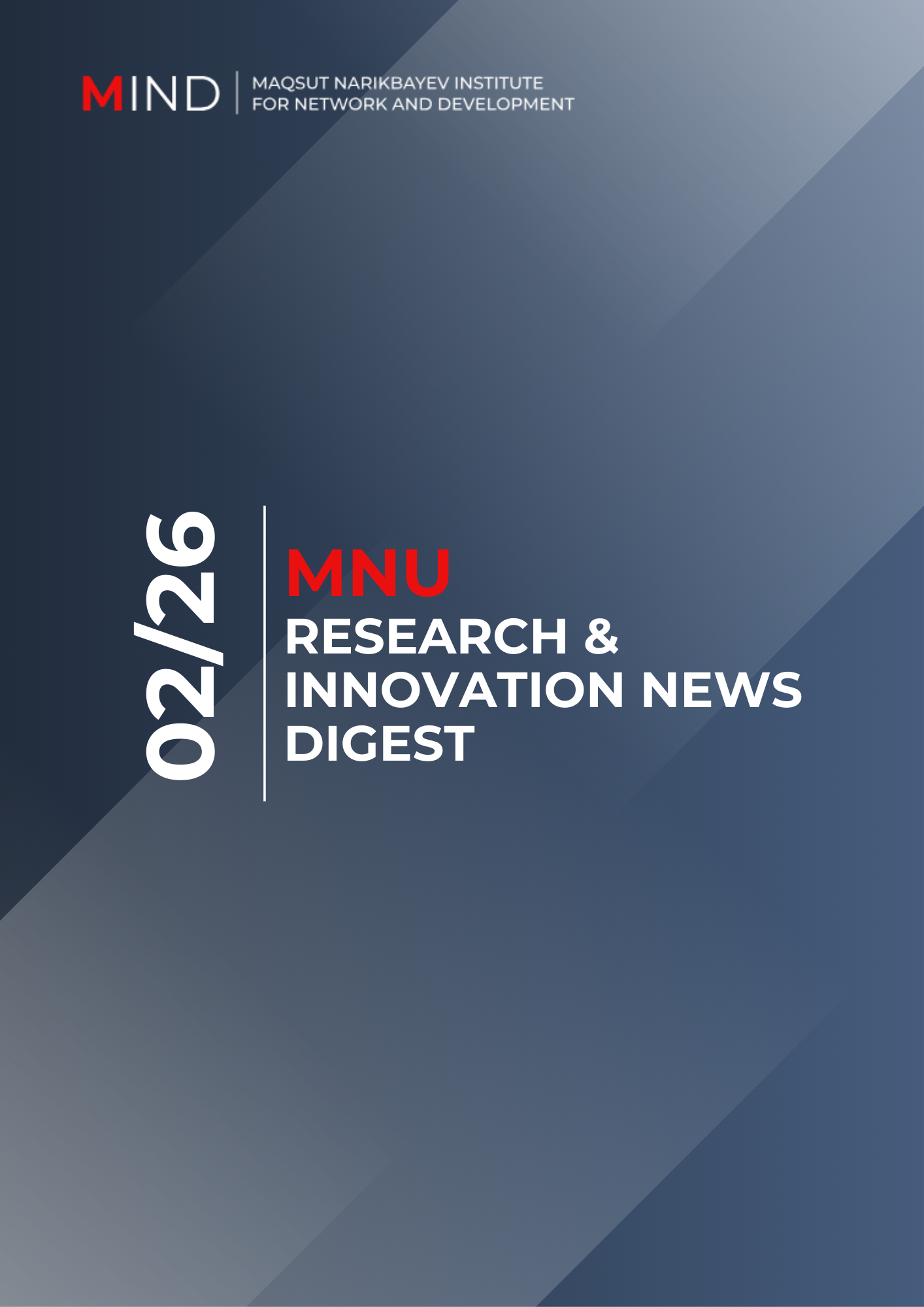
On July 9, 2024, the leaders of the MIND Accelerator teams presented the interim results of their work at a meeting with Maulen Sagatkhanuly Ashimbayev, Chairman of the Senate of the Parliament of the Republic of Kazakhstan.
During the meeting, the design and research teams of the Accelerator shared their problem analyses and outlined key focus areas:
- Provision of medical services in the penitentiary system
- Development of inclusive education policies in higher education
- Creation of a meat production cluster and development of agrotourism in the Akmola region
- Formation of a national industrial information system
- Support for mechanical engineering through the implementation of a national information platform
- Legislative improvements in the field of creative industries
- Decarbonization of the Burabay resort area
- Addressing corruption in educational institutions
- Reducing corruption risks in institutions and in the development of legislation
- Enhancing the efficiency of maslikhats through digital tools and deputy training
The teams presented proposed solutions and their interim achievements in each direction. At the conclusion of the meeting, they received feedback from the Chairman of the Senate and discussed next steps for the implementation of their initiatives.
The MIND Accelerator is a joint initiative of the Public Project Office of the Senate of the Republic of Kazakhstan and Maqsut Narikbayev University (MNU). Launched on May 3, 2024, the pilot project aims to contribute to the achievement of the United Nations Sustainable Development Goals (SDGs). The project’s technical closure is scheduled for August 9, 2024.
All work within the Accelerator is carried out on a voluntary basis by cross-sectoral teams that include representatives of government bodies, businesses, academia, NGOs, media, and international organisations.
Participants include:
- Senators and maslikhat deputies
- Graduates of the Senate Analytics School
- MNU faculty
- Staff of the Akimat of the Akmola Region (the pilot region)
- Experts from the UNDP and other international organisations
- Business community representatives
Using the proprietary MIND methodology, teams conducted analyses and developed solutions based on the GAP analysis approach. This allowed them not only to assess the current state of affairs, but also to propose concrete steps toward sustainable and innovative development.



